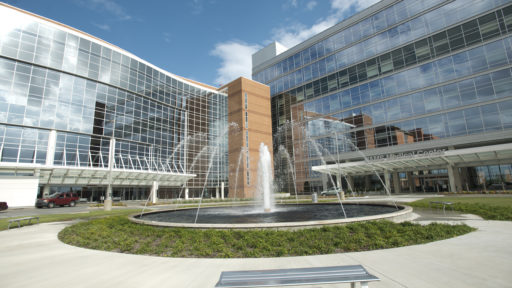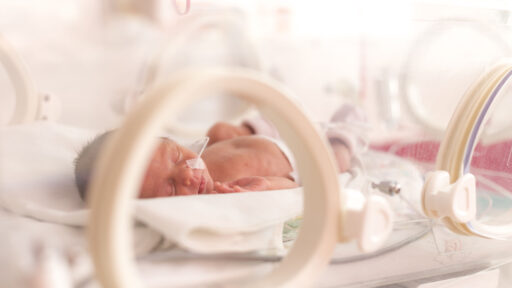Babies who are born very early (preterm/premature) cannot feed themselves yet. If your baby is very sick or very premature, he/she will likely be started on an IV right after birth.
The IV contains fluids and total parenteral nutrition (TPN). TPN has all
the nutrients that your baby needs to grow:
- Protein
- Sugar
- Fat
- Vitamins and minerals
Feeding Through a Tube Into the Stomach
A baby will stay on TPN until he/she can get enough nutrition from milk
that goes into the stomach:
- An orogastric (OG) tube is placed from the baby’s mouth to the stomach.
- Small feedings of milk go through the tube into the stomach
- The baby slowly gets more milk through the tube and less TPN.
- Finally all nutrition the baby needs comes from the milk.
Extra Nutrients
Babies who are very premature and small get extra protein, calories, and vitamins in their milk.
This is so the baby’s brain and body get everything needed to grow.
Can I Breastfeed My Preterm Baby?
Breast milk greatly helps premature babies. Things to know, so your baby can get breast milk:
- You may not be able to breastfeed your baby right after delivery.
- You can still pump your milk for your baby.
Ask our nursing staff or lactation (breastfeeding) staff to help you.
If we can’t use your breast milk, talk to your doctor about milk from a donor.
The first milk you will pump is very important for your baby. It has special benefits.
- This milk is called colostrum, or early milk.
- We will help your baby get the colostrum right away. Small amounts can be absorbed through the baby’s cheek.
When Will My Baby Gain Weight?
What is normal:
- All babies lose weight in the first few days after birth. This is from changes in body fluids and loss of extra water.
- Some preterm babies take up to 2 weeks to regain their birth weight.
How the NICU helps your baby gain weight:
- Every night, NICU babies are weighed. Once a week, their head size and length are measured.
- NICU doctors and nutrition staff check to make sure your baby is growing as he/she needs to.
- They will change your baby’s feedings, if needed.
When Will My Baby Learn to Breast- or Bottle-feed?
Feeding takes a lot of energy and body coordination. Most babies need to be at least at 33-34 weeks before they can breast- or bottle-feed. Each baby is different. Some start as early as 32 weeks to begin to learn to suck on the breast. Some are not ready until much later. These things need to happen first:
- The baby’s lungs must be developed enough so they are breathing more on their own.
- The baby must be able to suck, swallow, and breathe in a way that is safe for feeding.
Our NICU has a team that can help you and your baby learn how to breast- or bottle-feed. The team includes:
- Occupational and speech therapists
- Lactation experts
- Experienced nurses


